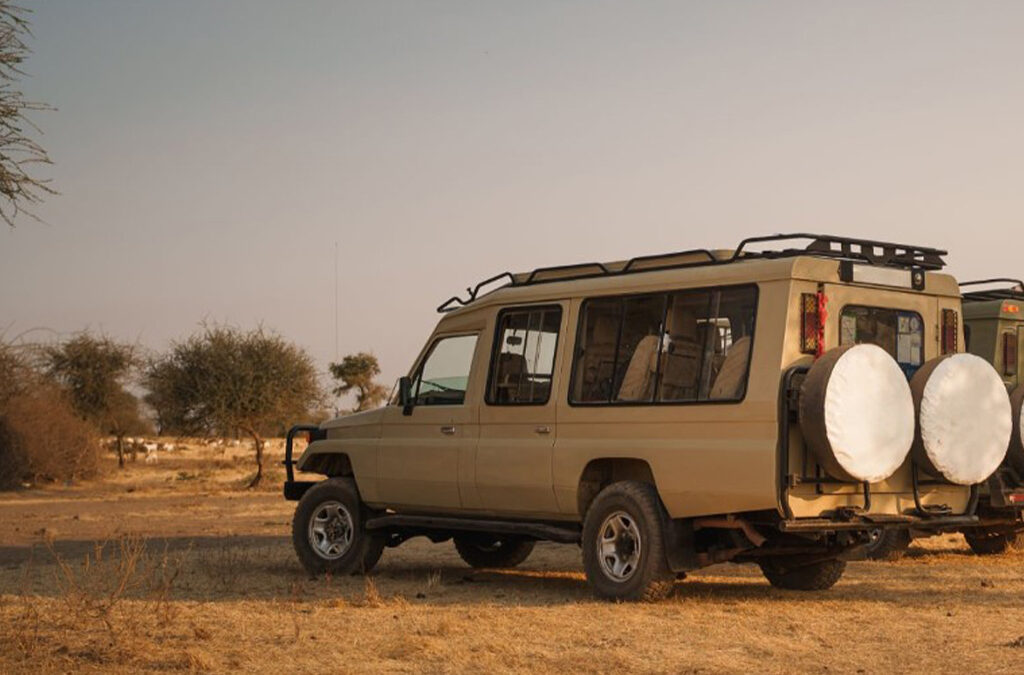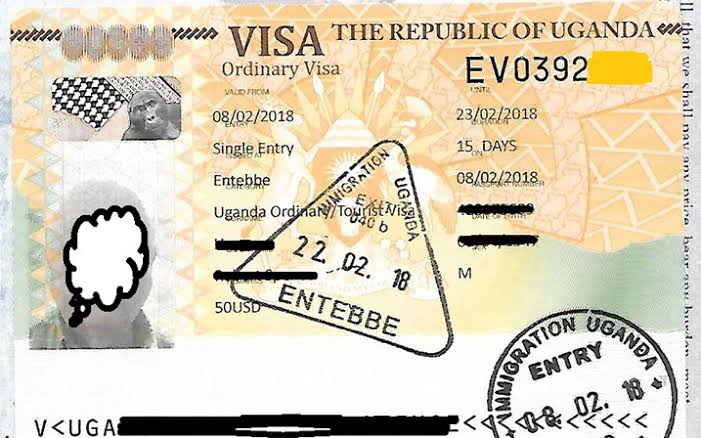
How Much Does a Tanzania Visa Cost?
May 10, 2025
Why is Ruaha Park a Hidden Gem?
May 12, 2025Does Tanzania Have Night Safaris? An Unforgettable Adventure Beneath the Stars
When the sun dips behind the horizon and the sky transforms into a velvet canvas spangled with stars, the African wilderness awakens in an entirely different way. Tanzania known for its iconic landscapes and rich wildlife doesn’t go to sleep when the tourists do. Instead, it offers something truly magical: night safaris. While not as widely promoted as the classic sunrise game drives, these nocturnal adventures provide a rare and intimate glimpse into the unseen world of African wildlife.
A Different Kind of Wild
There is something primal about being out in the wild at night. The air cools, sounds sharpen, and the veil lifts on a side of nature few ever witness. The lions, who lounged lazily in the shade during the day, suddenly become more animated. The leopards, often elusive under the sun, begin to move with purpose. Even the smallest creatures bush babies with their glowing eyes or springhares bounding like kangaroos come alive in this quiet, electric darkness.
Unlike the predictable rhythms of daylight safaris, night safaris run on instinct and possibility. There’s no set script. Every turn down a dark track could bring a new surprise. A hyena’s eerie call echoing in the distance. The rustle of grass as a civet slips through the underbrush. A silent owl gliding across the sky.
Where to Find Night Safaris in Tanzania
Night safaris aren’t allowed in all Tanzanian parks, and this is important to know. National parks like Serengeti and Ngorongoro Conservation Area protected under strict regulations prohibit night drives. The reason? Conservation and wildlife protection. But that doesn’t mean the experience is off-limits. Several private reserves and less-regulated parks make it possible to explore under the cover of darkness.
Places like Lake Manyara National Park, Tarangire National Park, and private conservancies adjacent to Serengeti allow for guided night drives. These areas offer a more intimate, less crowded experience. Equipped with spotlights and accompanied by expert guides, guests are taken into the bush with senses heightened and hearts pounding.
Selous Game Reserve (now part of Nyerere National Park) also permits night safaris. As one of the largest protected areas in Africa, it offers a true sense of untamed wilderness. Here, the night feels even darker, the stars brighter, and the sounds of the wild more intense.
What Happens on a Night Safari?
As dusk settles in, the journey begins. Vehicles are modified for nighttime visibility, usually open-sided with strong spotlights that sweep across the landscape. Guides often point out reflective eyes in the distance a technique that reveals creatures hiding just outside the beam of light.
The focus of a night safari isn’t always about the big five.as about the details the lesser-known yet equally fascinating species that most visitors never get to see. Porcupines shuffle along, black-backed jackals trot with purpose, and genets dart from tree to tree. Insect calls rise and fall like a symphony. Even the trees seem to whisper secrets in the moonlight.
Safety is always paramount. Guests remain inside the vehicle, and guides are trained to read every sound and sign. The atmosphere is respectful, never intrusive. The goal is connection not disturbance.
Why Choose a Night Safari?
For those who seek something beyond the ordinary, night safaris provide a deeper layer to the safari experience. It’s one thing to see a lion in broad daylight. It’s something else entirely to hear it roar at midnight, the sound vibrating through the darkness. There is no crowd, no chatter only the raw pulse of Africa in its most authentic form.
Night safaris also shift the perspective. The focus is less on photography and more on presence. It’s not about snapping the perfect shot, but about feeling part of something ancient and wild. The darkness creates intimacy between traveler and land, between heartbeat and silence.
Tips for Making the Most of a Night Safari in Tanzania
-
Choose the right location: Since night safaris aren’t allowed in all parks, it’s important to plan carefully. Ask tour operators which areas permit nighttime drives and choose camps or lodges that specialize in them.
-
Stay open to the unexpected: Night safaris are unpredictable. Don’t go in expecting to see everything go in ready to experience anything.
-
Dress warmly and comfortably: The nights can get chilly, especially in higher altitudes. Layers, a hat, and closed shoes make the ride more comfortable.
-
Bring a low-light camera if possible: While the focus is on the experience, those with low-light cameras can capture beautiful, moody images.
-
Trust the guide: These are experts who know the terrain, the behaviors, and the rhythms of the night. Let them lead and learn as they narrate the unseen stories of the wild.
The Soul of the African Night
There is a moment often unexpected when silence falls completely. The vehicle engine quiets. The spotlight dims. And the group simply sits in the dark, listening. Nocturnal insects sing, distant footsteps crunch on dry grass, and the soft hush of the wind brushes through the trees. It’s a kind of meditation a connection to something bigger than oneself.
That’s the essence of a night safari in Tanzania. Not just a checklist of sightings, but a humbling immersion into nature’s mystery. It’s less about watching wildlife and more about becoming part of the wilderness, if only for a few hours.
In a world that rarely slows down, night safaris offer an invitation to pause. To listen. To feel awe. Beneath the Tanzanian sky, where every star tells a story and every shadow holds a secret, adventure waits.




